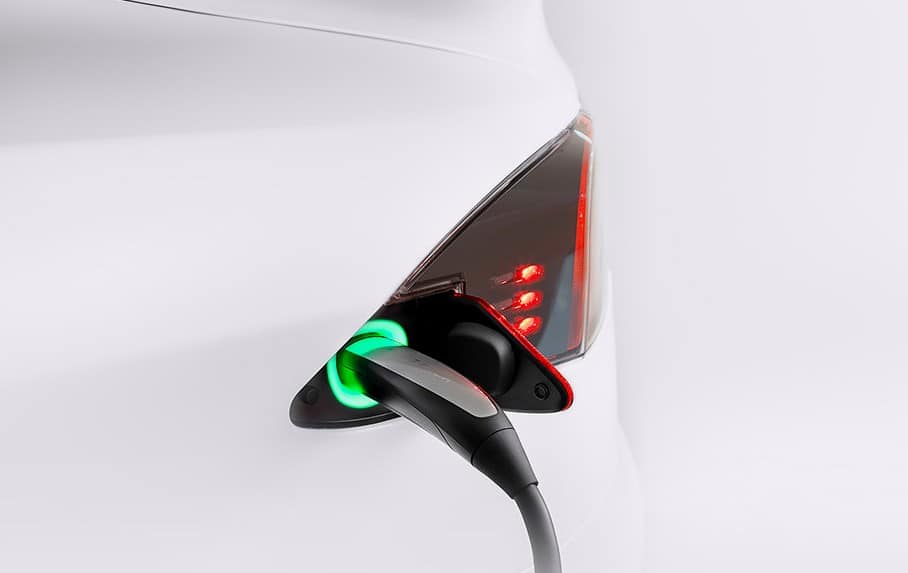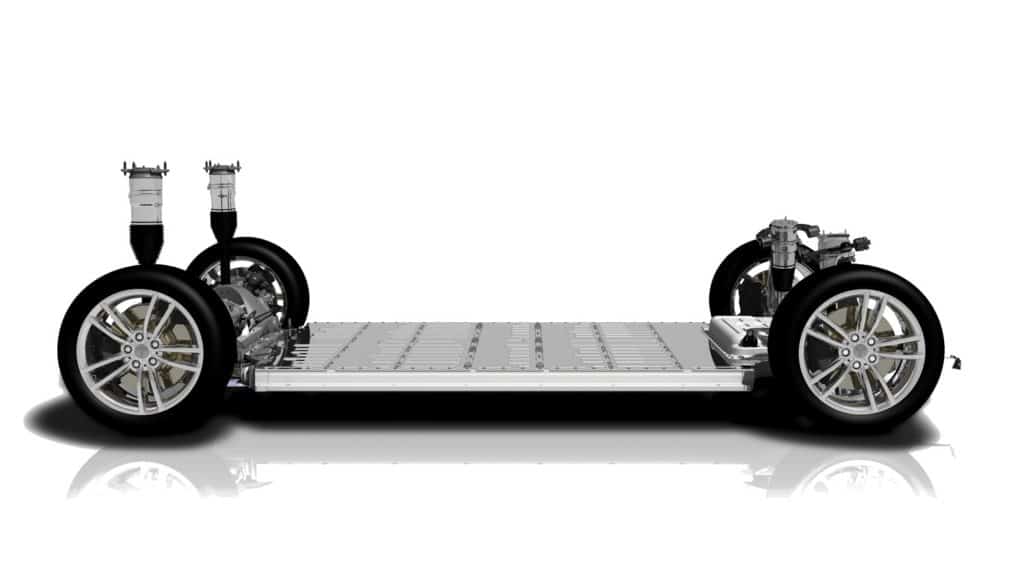The Tesla Model S is a car that has been on the market for about five years now, and it’s seen highs and lows. Recently, there’s been some controversy surrounding the cars after they caught fire in garages in both Hong Kong and Florida. Both of these incidents have caused panic among consumers who may be considering purchasing one of these vehicles.
Last year, Yogi and Carolyn Vindum were still asleep late when their Tesla Model S beamed an alert that charging was interrupted. Twelve minutes after this interruption they awoke to a blaring car alarm and the fire burning down their house in San Ramon, California. It started with one of the electric vehicles, then spread to the other as well.
Yogi Vindum, the retired mechanical engineer said, “If we had lived upstairs in this house, we’d be dead”.
Unattended Vehicle Fires Can Be Deadly
An electric car fire caused by leaving the vehicle unattended in a garage is one of many examples that show how deadly this can be. The issue has become so concerning, that some EV manufacturers have warned owners to never leave their cars charging without supervision or sitting fully charged in garages as it poses dangers if there are any problems with wiring, which could lead to fires and other horrific incidents.
A recent article from CNN highlights how these situations present an ever-growing concern for companies like Tesla because they warn drivers not to charge their vehicles when away from home overnight over safety concerns – but people still do it anyway! In fact, according to CNBC’s Money section: “There were only two reported instances last year involving non-working parts inside chargers.
Auto Industry Not Responding to Comments
The auto industry is not responding to requests for comment. In the wake of a Tesla recall, Hyundai’s recent warning about Kona and Ioniq EVs parked in garages, and Audi’s delayed response on the matter, it appears that all three automakers are avoiding addressing their safety concerns at this time.
Automakers are racing to get their products on the market in time for regulatory deadlines before production shifts away from gas-powered vehicles. The automotive industry faces a number of challenges, such as skepticism about charging stations availability, range concerns with current models and worries over costs-. Fires following product rollouts also complicate matters, but fortunately there have only been two this year due to safety precautions taken by automakers.
Tesla says its cars are ten times less likely to catch fire than gas-powered vehicles, drawing on data from the National Fire Protection Association and U.S. Federal Highway Administration.
Tesla’s website states that “Battery fires can take up to 24 hours to extinguish,” and to “Consider allowing the battery to burn while protecting exposures.”
Spike in Electric Vehicle Fires
Tesla owners are reporting a spike in vehicle fires, some of which have been documented by the Washington Post. The most recent example is from December 30th 2020 when six fire trucks were called to Yogi and Carolyn Vindum’s home after their Model S caught on fire.
Other Cases Such As:
- When a five-year-old Tesla Model S went up in flames, firefighters failed to gain access to the cabin after motorized doors wouldn’t open in Frisco, Texas.
- Tesla revealed in 2019 that it had sent investigators to the site of an explosion involving a Model S. According to surveillance video, smoke billowed from the parked car before a fiery blast occurred.
- The year 2018 was an interesting time for Tesla owners. After actress Mary McCormack’s husband had their Model S catch fire on a Los Angeles street, they were met with the news that flames came from its battery.
Tesla acknowledged this and explained in detail what caused it: “When these incidents occur, we visit each customer to determine what went wrong; our first priority is always safety.”
Battery Fires Last Longer
The power of lithium-ion batteries has been shown to be more devastating when fires erupt in battery-powered vehicles, according to an expert. In 2019 alone there were 189,500 vehicle fires on US highways with passenger and other types of road vehicles involved.
The Vindums’ cars are unique because the case involved two electric vehicles parked next to each other in a garage, demonstrating their explosive force when burning.
After a fire ripped through the Vindums’ home, they are now unable to live in their house and will have to rebuild. The damage is estimated at $1 million according to reports from the San Ramon Valley Fire Protection District. If you are going through a tough time with a lemon vehicle like this, you can contact a lemon law attorney San Diego from McMillan Law Group and get a free consultation.


